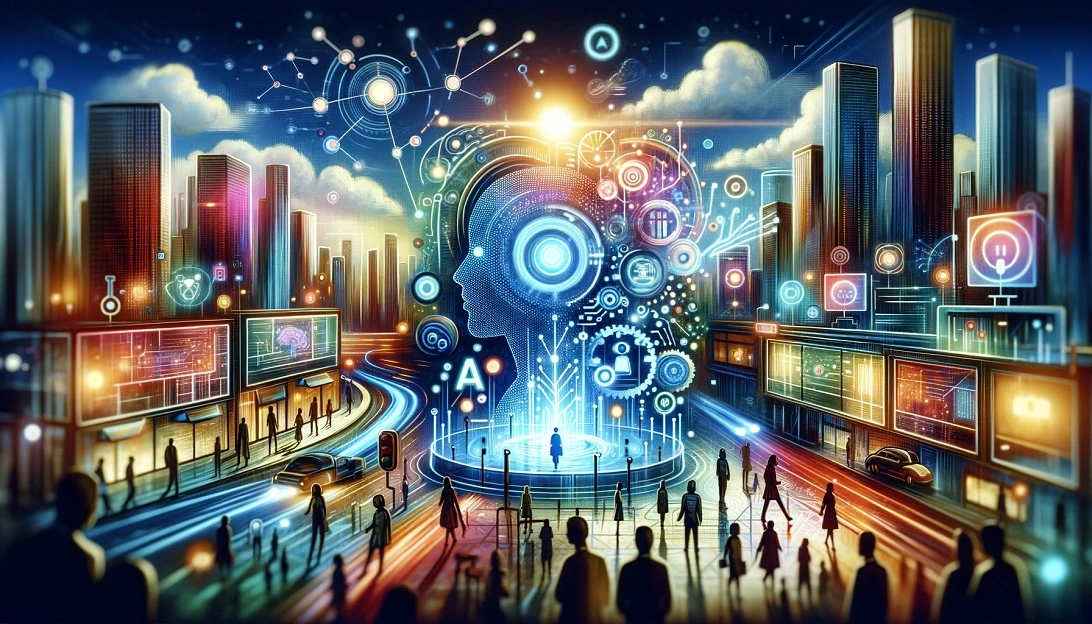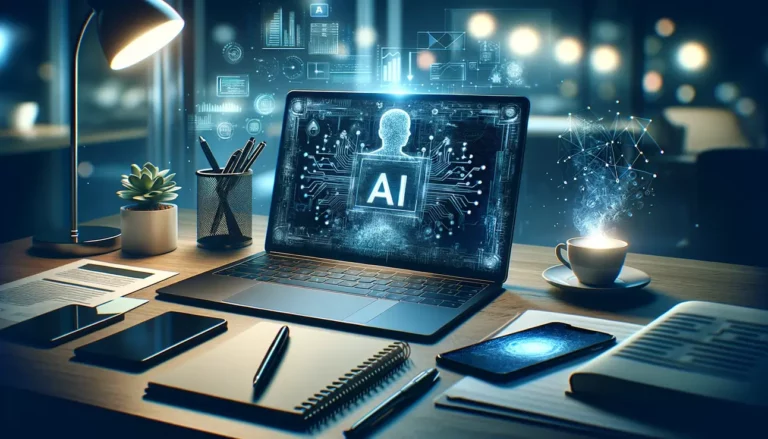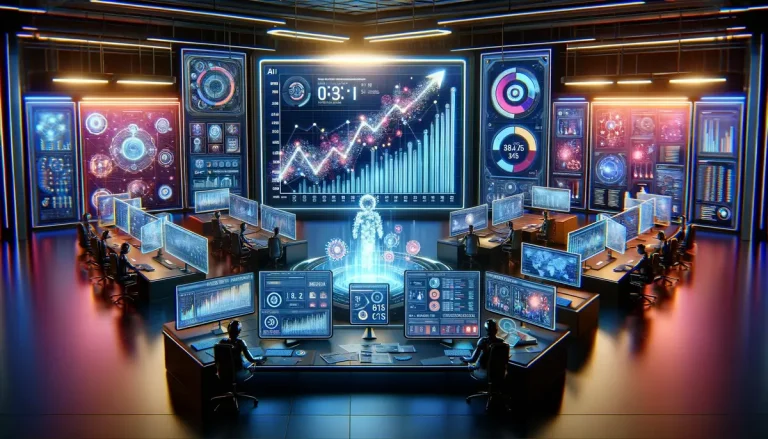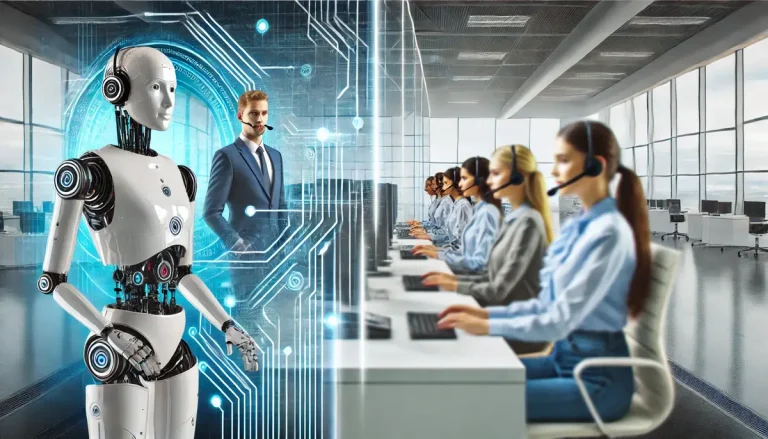Embracing the Future AI Jobs
AI demands human stewardship to function effectively in our society. Professionals now have the golden opportunity to adapt and evolve, honing existing skills and acquiring new ones to stay relevant in this AI-enhanced economy.
David Berthy, a senior figure at Salesforce Futures, underlines the democratization of AI tools: “These tools are in their infancy and widely accessible. It’s a golden chance for people to boost their market value through learning.”
Educational platforms like Coursera, LinkedIn Learning, and Udemy are revolutionizing skill acquisition with an array of AI-centric courses, both free and paid.
Redefining Job Functions
AI is set to automate mundane tasks, but its true gift lies in empowering human roles. Mundane tasks like scheduling, data sorting, and basic customer queries can be streamlined through AI, freeing up professionals to engage in more strategic, creative, and impactful work.
This evolution is not confined to typical tech roles. Professionals in fields as varied as sales, marketing, legal, and healthcare will find their job scopes enriched by AI’s capability to analyze data, manage information, and enhance decision-making processes.
AI’s Cross-Industry Influence
The transformative power of AI extends beyond the realm of technology and data. Industries such as healthcare, finance, graphic design, and more are witnessing a revolution thanks to AI’s assistance.
12 Future AI Jobs Transforming the Job Market
Here’s a deeper dive into 12 burgeoning future AI jobs that are defining the new employment landscape:
- Prompt Engineer: These professionals excel in the art of designing AI prompts, a skill akin to ‘AI whispering’, guiding AI to creative solutions.
- AI Trainer: They prepare extensive data sets to train AI algorithms, ensuring AI systems respond with natural-sounding human language and appropriate actions.
- AI Learning Designer: As AI technologies evolve, these experts optimize AI-based learning systems, refining how people interact with and learn from AI.
- AI Instructor: Responsible for training employees in AI skills, these educators develop curriculum and teaching methods for AI education.
- Sentiment Analyzer: Using AI, these professionals interpret online emotions and sentiments, crucial for understanding public perception and feedback.
- Stitcher: A role that merges various skills using AI to create streamlined workflows, enhancing efficiency and creativity.
- Interpersonal Coach: Focusing on relational intelligence and empathy, these coaches help people adapt to a digital-first world, enhancing interpersonal skills.
- Workflow Optimizer: Utilizing AI for a holistic view of company operations, they identify productivity gaps and implement AI-driven solutions for efficiency.
- AI Compliance Manager: These managers ensure AI processes comply with evolving regulations and ethical standards, safeguarding data and practices.
- AI Security Manager: Tasked with securing AI systems against threats, they play a critical role in maintaining the integrity and safety of AI applications.
- Chief AI Officer (CAIO): Setting the overarching AI strategy, the CAIO is responsible for the ethical development and implementation of AI technologies.
- Chief Data and Analytics Officer (CDAO): Overseeing all data and analytics-related activities, they play a key role in data-driven decision-making processes.
Preparing for Future AI Jobs
As these future AI jobs emerge, the need for relevant training and skill-building becomes crucial. Online learning platforms are making it easier than ever to access these tools and develop the necessary competencies.
Aleksandra Radovanovic, Senior Product Manager at Okta, advises identifying essential skills and leveraging online courses for practical experience. “The people who embrace these changes and the opportunities they create will be the ones who thrive,” says Berthy.
The Future of AI in Workplaces
The future workplace with AI will be more than just efficiency and automation. It will be a place where creativity and strategic thinking are prioritized, where AI tools become partners in problem-solving and innovation.
The future AI jobs mentioned are just the beginning. As AI continues to evolve, so too will the job market, with new roles we haven’t even imagined yet emerging.
Adapting to an AI-centric Work Culture
The integration of AI into the workplace isn’t just about technical skills. It’s about cultivating a mindset that welcomes change, fosters adaptability, and encourages continuous learning. In an AI-driven future, professionals who can blend their unique human skills with AI capabilities will be the most valuable.
The Ethical Dimension of AI in Jobs
As AI continues to evolve, it’s imperative for professionals to stay informed and adaptable. The workforce of the future will be characterized by its ability to coexist and collaborate with AI technologies. This transition offers a unique opportunity for personal and professional growth.
Berthy echoes this sentiment, “Those who embrace these changes and seize the learning opportunities will be the ones leading the way. This is a chance to significantly increase your market value.”
Conclusion
By embracing AI, professionals can unlock new opportunities, enhance their skills, and be part of a future that values human creativity and strategic thinking alongside technological advancement. The key future AI jobs is to remain open to learning and adapting.







